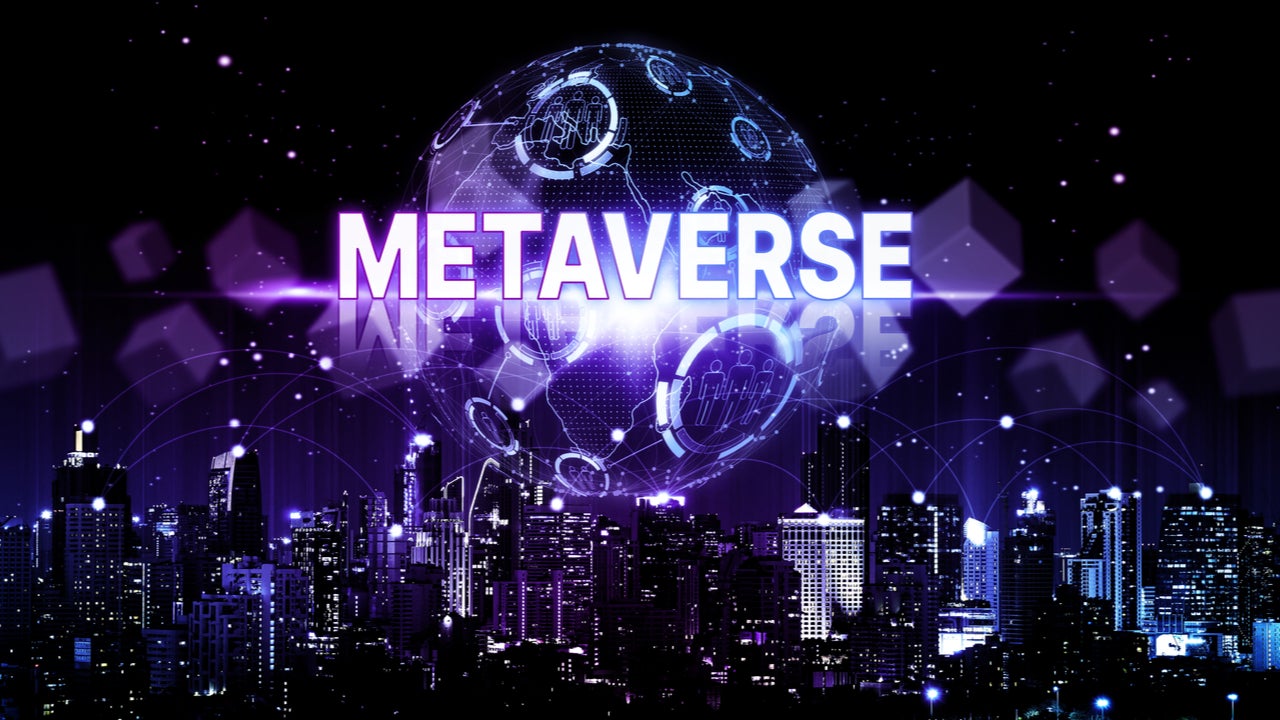The metaverse is a virtual world where users share experiences and interact in real-time within simulated scenarios. It is still largely conceptual but could transform how people work, shop, communicate, and consume content. By 2030, the metaverse will be a $13 trillion opportunity, according to Citi Global Insights.
The metaverse brings together a range of next-generation technologies from cloud to artificial intelligence (AI), blockchain, cryptocurrencies, cybersecurity, the internet of things (IoT), virtual reality (VR), augmented reality (AR), digital twins, and adtech. The convergence of all the aforementioned themes will make digital media experiences more immersive, inclusive, and accessible than today. Over the next decade growth will depend on the maturity of the underlying technologies.
The metaverse will revolutionize digital media
Although the metaverse is in the early stages of development, it has the potential to be the next mega-theme in digital media. With no standard definition, the metaverse means different things to different people depending on the nature of their business. This means that most companies can make the it into whatever they want it to be.
Companies are building metaverses around their core competencies while pursuing new use cases to expand their offerings. For instance, Microsoft’s Mesh is based on its competencies in cloud computing, AI, and AR. Similarly, Meta is focusing on AI and VR. In short, the metaverse is a convergence of several tech themes, and companies are adopting those that suit their capabilities and objectives. In addition, companies from non-tech sectors are investing in the metaverse to engage with customers, expand brand awareness, and identify new revenue streams.
Critical to the future of work
The hype is largely focused on consumer use cases. Gaming and social media companies are at the vanguard of metaverse development, but enterprises will lead the charge in the next three years. This shift will be driven by the future of work and digital transformation initiatives that are ongoing across sectors ranging from retail to healthcare and financial services. Big Tech is championing the metaverse, with Microsoft and Meta promoting it as the ideal environment to support hybrid working.
While most enterprise metaverse platforms focus on collaboration, some use digital twins to replicate physical places (e.g., factories). In terms of adoption, large companies from a variety of sectors such as technology (e.g., Accenture), banking (e.g., HSBC), advertising (e.g., Havas), and professional services (e.g., JP Morgan), are entering with a focus on the future of work. Accenture, for instance, onboards new joiners using its own metaverse, while Havas plans to host conferences and events in its virtual village built on The Sandbox. However, many big companies are taking a wait-and-see approach, looking for evidence of growth and the emergence of use cases to avoid following the hype.

US Tariffs are shifting - will you react or anticipate?
Don’t let policy changes catch you off guard. Stay proactive with real-time data and expert analysis.
By GlobalDataStart-ups like PixelMax and NextMeet are developing virtual workplaces in the metaverse. They allow users to meet their colleagues’ avatars in virtual offices for socialization, collaboration, and gamified learning activities while working from home.
The metaverse will raise social concerns from data privacy to online harm
The use of AR, VR, and advertisements will be integral in metaverses, which, in turn, will bring data privacy concerns to the fore. Regulators worldwide will force metaverse platform developers to address the existing, or known, privacy issues associated with the underlying technologies that power metaverses.
Developers must also view moderating behaviour as a foundational aspect, given that harmful actions will only increase as more consumers sign-up for the platforms. Failure to filter toxicity will have a detrimental impact on the company’s metaverse ambitions and reputation.








